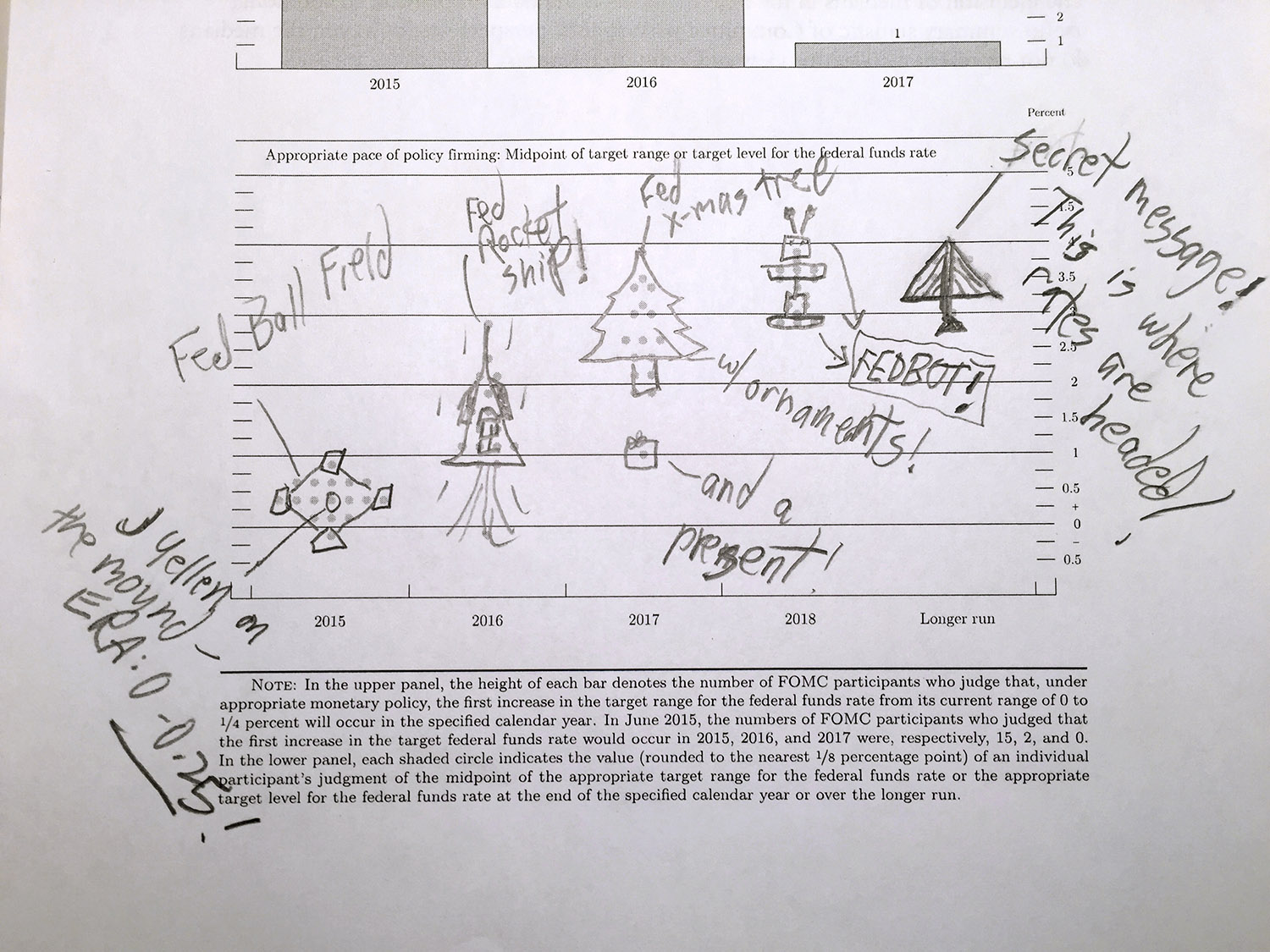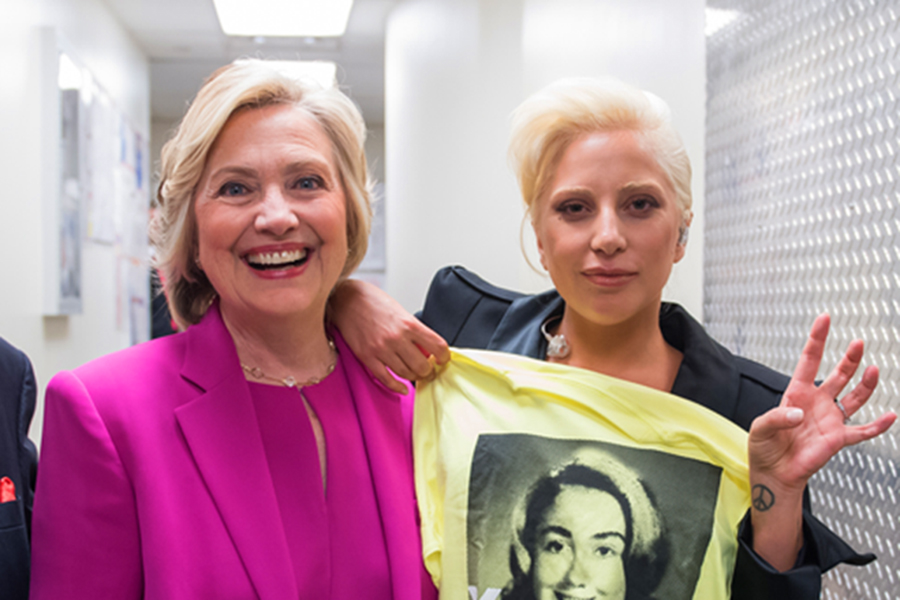Fed Rate Extravaganza
Alex Morash 18th Sep
Media and Wall Street have been fixated on the Federal Reserve and if they would raise interest rates, a relatively minor change but Fed’s low inflation target could hurt workers.
What a week of media coverage. Listening, watching and reading the news and one might think the Federal Reserve meeting was the second coming. Economists, activists, journalists, investors and anyone else the media could get a mic in front of had an opinion on raising interest rates. Some said raising rates is a necessity! Others; raising rates would destroy the economy! All the while the DOW Jones Industrial Average tap danced up and down by over 1,000 points. Lets cut through the noise and see what really is happening.
With the Fed ending speculation yesterday and not raising interest rates everyone can finally calm down. Oddly enough Wall Street and street activists tended to all come together in support of not raising rates. Normally one could expect Wall Street (or at least the big banks) to loudly declare interest rate hikes are needed, but not this time. In fact, many pleaded it was to soon.

Wall Street Loves Free Money
Wall Street seemed to throw a fit this August when a rate hike looked imminent. Slow growth and a currency devaluation in China became the excuse, with investors moving the DOW up and down by 100s of points. Some would say China warranted this action, but in reality U.S. job growth continued to be strong, consumer spending is up and China’s actions make our buying power stronger. It’s likely American consumers will have a good holiday season.
I speculate this was Wall Street whining for more free money from the Fed. Normally, banks and Wall Street like higher than 0 interest rates because it keeps inflation low, and forces everyday people to use more of their money to pay back debts. Banks and credit card companies just love charging people high interest rates and the higher the Fed rate the easier it is to increase their own interest rates. An action that more than makes up for the banks new borrowing costs from the Fed.
This time, however, I think Wall Street and the banks have enjoyed the 0% Fed rate. Gorging on free money is great, and they have lent some of that money to working America. But, at the end of the day Wall Street’s cries have been for their own pockets not to help everyday people. Not to be outdone by themselves, now that Wall Street has gotten its way what do they do? Now we are seeing some on Wall Street declaring this action is to prop up President Obama’s economy. Give me a break!
Workers Earned Low Interest Rates
We all know us mere mortals have bared the costs of the financial crisis over this decade. With employment starting to normalize workers will soon be in a position to take debts for new major purchases (homes, cars, durable goods). That means the economy is about to get better. However, if we raise interest rates now, people who are just starting to get back on their feet will face higher interest rates on mortgages, auto loans, and credit.
A raise in interest rates from the Fed now would say to working America, you worked hard this last decade to claw your way back up and we gave Wall Street free money, but for you, no. You get to pay higher interest rates, you get more heaped on. Why would the Fed consider doing this to workers? Simple, to keep inflation low the Fed raises interest rates, as borrowing becomes more expensive it curves inflation down. The Fed is trying to keep inflation around 2% (some say the Fed wants a ceiling of 2% inflation), 2% is very slow inflation.
Too slow for some, Paul Krugman is the champion of the 4% inflation target. At 2% some fear it is such a slow inflationary rate debts can become hard to pay off. For many everyday people inflation higher than 2% would help make their debts become a smaller and smaller portion of their income over time. Making the debt easier to pay off.
Will A Fed Rate Change My Life?
Unlikely, the Fed may raise rates this year (however, this writer thinks the Fed should wait until early 2016), but even if the Fed does raise rates it likely will be very small. This likely will make interest rates go up causing additional costs for people over time, but people should not feel immediate changes in the economy from a rate hike of merely 0.25%.
In the end the Fed coverage seemed less about helping everyday working people and seemed to be about Wall Street gorging and whining. The next time you hear someone say we do not need to regulate Wall Street, just remember how much Wall Street investors and bankers like to pull a fit over rates, like a child who wants to stay up past their bedtime.




